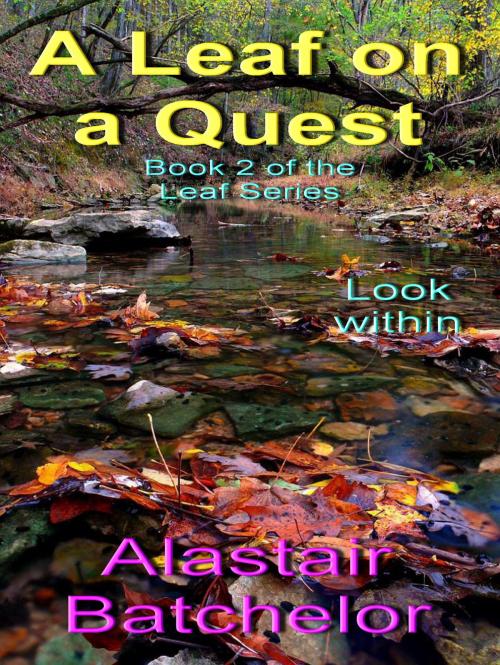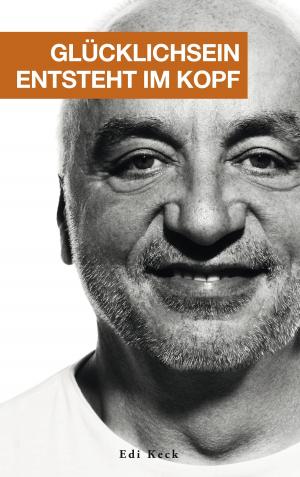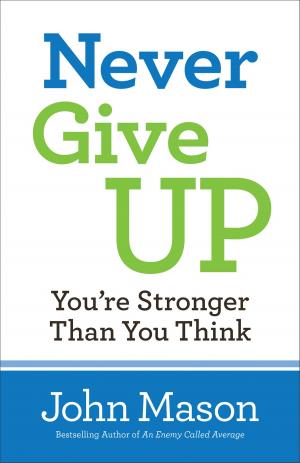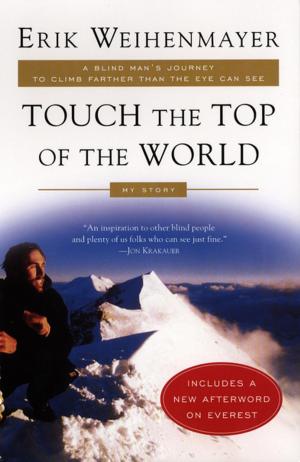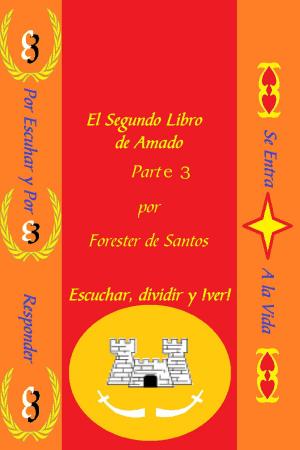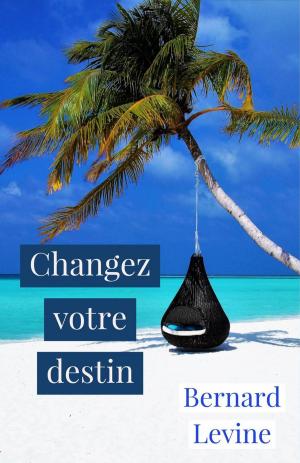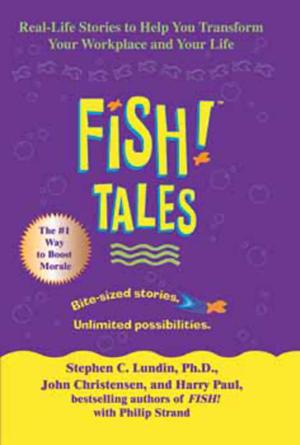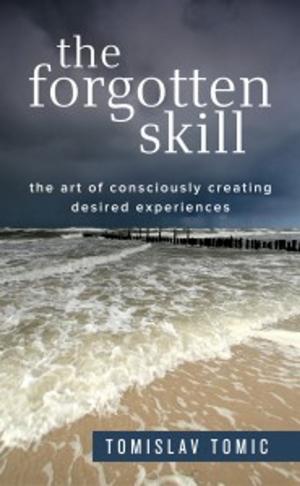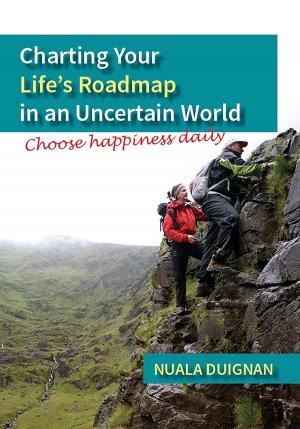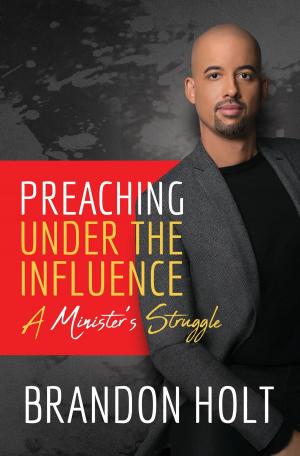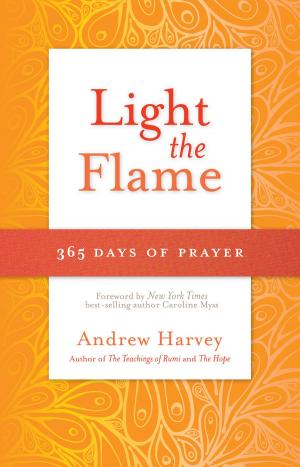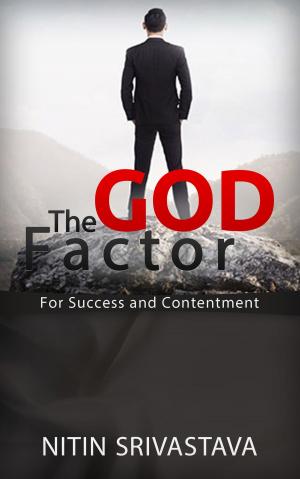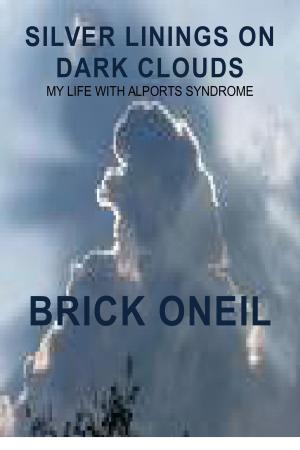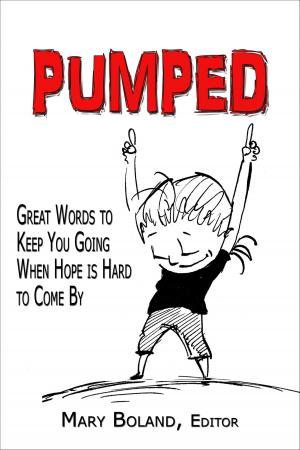A Leaf on a Quest
Nonfiction, Health & Well Being, Self Help, Mental Health, Codependency, Self Improvement, Motivational| Author: | Alastair Batchelor | ISBN: | 9781310733611 |
| Publisher: | Alastair Batchelor | Publication: | November 30, 2013 |
| Imprint: | Smashwords Edition | Language: | English |
| Author: | Alastair Batchelor |
| ISBN: | 9781310733611 |
| Publisher: | Alastair Batchelor |
| Publication: | November 30, 2013 |
| Imprint: | Smashwords Edition |
| Language: | English |
Synopsis
This sequel to ‘A Leaf That Floats Upstream” is concerned with many of the same concerns regarding issues and problems facing humanity and our environment, but where the first book assumed a position, outlining the issues in a confrontational, controversial manner, intended to shock and was always meant as a direct challenge, “A Leaf on a Quest” looks at why the problems exist, what was the causes?
The more these problems are examined, the more incongruous they appear. What perverse characteristic in human nature could possibly empower civilization, the instrument of the people, to wantonly destroy all that is vital to safeguard the continuance of humanity and all life on the planet: the planet which itself was the source of all living things that inhabit its surface? It is a living, breathing, self-consuming conundrum, one, which is at first glance, impossible to accept, it is just too ridiculous to be credible. Yet it does exist, it is all around us, and we have been and are responsible for the creation of this embodiment of crass stupidity.
Every single problem which is currently a threat to our continued existence has been caused by humanity, or can we attribute responsibility to that mindless machine, civilization. It is all a result of attitude, the attitude of every living person, society and nation on the face of the Earth. Yes, not only are we are the initiating, causal factor, we are responsible for allowing known destructive circumstances and activities, to continue and multiply, to the extent and obvious inevitable conclusion, that it will soon be beyond our ability to rectify, or reverse that which we have done, or have permitted to be done.
This book looks individual’s and society’s attitudes and the consequences of those attitudes on our lives. It offers, perhaps a different perspective on cause and effect and is always, I trust, inspirational, because we need that.
Whilst the original intention was to write another narrative non-fiction book along the lines mentioned above, this time I have deviated a little. Possibly my writing has followed the dictates of my heart. rather than strict convention and protocol, thus allowing the plot to develop in its own way. Certainly where it seemed viable to highlight our plight by introducing fictional hypothesis in the form of short stories within a story, that also felt comfortable rather than contrived.
The theme throughout the book, as the title suggests, is that of a search, more questions than answers, again motivated by the very simple reason, that I believe you can find most of the answers needed, within your selves.
Our innocent little leaf serves as a focal point; it epitomizes each of our lives in the way we live and of our choices. Are we just one of the masses, which are swept along, at the mercy of every breeze and current, or dare we choose to be one of the few, to stand alone and follow the dictates of our conscience and our beliefs? To be an individual and go against the flow means, to be both applauded and condemned, being an individual is a lonely position, but perhaps, in the face of criticism, possibly discrimination, there is gratification in the knowledge that we are doing what we believe, not blithely accepting everything we are told, and being herded along with the rest of the sheep.
No-one can tell you what is right for you, you must search within yourself and there, you will find the truth and the answers. Only then will you find the strength and the purpose to follow your special path through life. If you can find and adopt your own purpose, you will take the knocks, but in the process will become the complete person.
So you have survived the process of reflection and self-examination, you know who and what you are. Having attained this stage of enlightenment, what is your choice for this world of ours going to be Dystopia, or Utopia? Why, because it is up to you, it is your choice.
Synopsis
This sequel to ‘A Leaf That Floats Upstream” is concerned with many of the same concerns regarding issues and problems facing humanity and our environment, but where the first book assumed a position, outlining the issues in a confrontational, controversial manner, intended to shock and was always meant as a direct challenge, “A Leaf on a Quest” looks at why the problems exist, what was the causes?
The more these problems are examined, the more incongruous they appear. What perverse characteristic in human nature could possibly empower civilization, the instrument of the people, to wantonly destroy all that is vital to safeguard the continuance of humanity and all life on the planet: the planet which itself was the source of all living things that inhabit its surface? It is a living, breathing, self-consuming conundrum, one, which is at first glance, impossible to accept, it is just too ridiculous to be credible. Yet it does exist, it is all around us, and we have been and are responsible for the creation of this embodiment of crass stupidity.
Every single problem which is currently a threat to our continued existence has been caused by humanity, or can we attribute responsibility to that mindless machine, civilization. It is all a result of attitude, the attitude of every living person, society and nation on the face of the Earth. Yes, not only are we are the initiating, causal factor, we are responsible for allowing known destructive circumstances and activities, to continue and multiply, to the extent and obvious inevitable conclusion, that it will soon be beyond our ability to rectify, or reverse that which we have done, or have permitted to be done.
This book looks individual’s and society’s attitudes and the consequences of those attitudes on our lives. It offers, perhaps a different perspective on cause and effect and is always, I trust, inspirational, because we need that.
Whilst the original intention was to write another narrative non-fiction book along the lines mentioned above, this time I have deviated a little. Possibly my writing has followed the dictates of my heart. rather than strict convention and protocol, thus allowing the plot to develop in its own way. Certainly where it seemed viable to highlight our plight by introducing fictional hypothesis in the form of short stories within a story, that also felt comfortable rather than contrived.
The theme throughout the book, as the title suggests, is that of a search, more questions than answers, again motivated by the very simple reason, that I believe you can find most of the answers needed, within your selves.
Our innocent little leaf serves as a focal point; it epitomizes each of our lives in the way we live and of our choices. Are we just one of the masses, which are swept along, at the mercy of every breeze and current, or dare we choose to be one of the few, to stand alone and follow the dictates of our conscience and our beliefs? To be an individual and go against the flow means, to be both applauded and condemned, being an individual is a lonely position, but perhaps, in the face of criticism, possibly discrimination, there is gratification in the knowledge that we are doing what we believe, not blithely accepting everything we are told, and being herded along with the rest of the sheep.
No-one can tell you what is right for you, you must search within yourself and there, you will find the truth and the answers. Only then will you find the strength and the purpose to follow your special path through life. If you can find and adopt your own purpose, you will take the knocks, but in the process will become the complete person.
So you have survived the process of reflection and self-examination, you know who and what you are. Having attained this stage of enlightenment, what is your choice for this world of ours going to be Dystopia, or Utopia? Why, because it is up to you, it is your choice.
